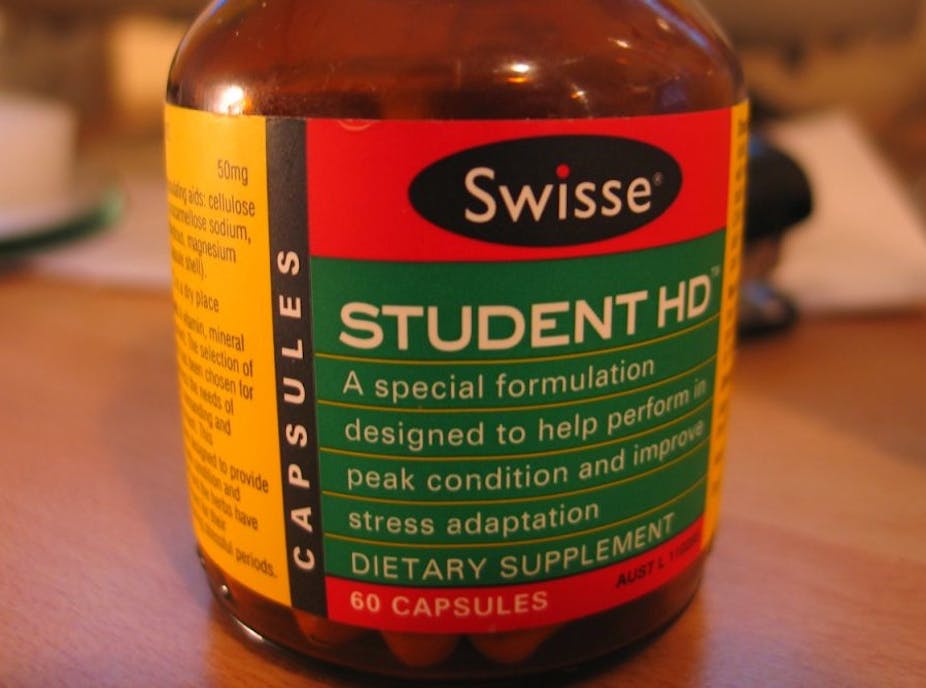Friends of Science in Medicine, an association that lobbies for evidence-based medicine, has called on La Trobe University to abandon planned research into Swisse supplements amid claims industry funding will compromise the quality of the work.
Under the proposal Swisse Wellness Pty Ltd, the manufacturer of vitamins and other complementary medicines, will pay A$15 million over six years to the university, helping it set up a Complementary Medicine Evidence Centre.
But Friends of Science in Medicine wrote to the vice chancellor of La Trobe University today, arguing the claims Swisse makes about its products “lack credible evidence”, and the collaboration would be a waste of research dollars.
The move comes after drug policy researcher, Ken Harvey (who is also a member of Friends of Science in Medicine) resigned as adjunct associate professor at La Trobe University in protest against the plan.
Professor Harvey has previously been highly critical of complementary medicine and has lodged complaints about the actions of a number of companies, including Swisse, alleging breaches of the Therapeutic Goods Advertising Code.
In his resignation letter, Professor Harvey said he was concerned La Trobe University would be pressured to “produce results that will justify the company’s investment”.
“There’s a potential for conflict of interest, and the governance and ethics of the deal are opaque and certainly not available at the moment,” he said. “It has the potential, I think, to deliver bad research.”
A spokesman for La Trobe University said the research was of community interest as many Australians used complementary medicines and that the research would allow consumers to make better decisions.
He said the centre would be funded from a variety of different sources and commercial partners, including Swisse, would have no control over research design or methodology. He said that all research findings would be made public.
Professor Harvey said there were more transparent ways to fund research, such as Australia Research Council Linkage grants.
His views have been backed by several researchers. Senior Research Fellow at University of New South Wales, Adam Dunn, who researches the forces that influence clinical evidence, says ad hoc consulting was less problematic than industry-reliant funding.
“If your work is funded by the industry, you’re more likely to produce results that are going to suit the industry’s bottom line, he said. "Grant funding is one way that industry can influence what research gets done.”
Physician and ethicist Paul Komesaroff said that while independent research into complementary medicines was critically important, it had to be of high standard and quality so the community could have confidence in the results.
Higher education researcher Tim Pittman said explicit agreement was needed on the extent to which industry partners would control the research agenda.
“Is the researcher saying this is what we need to look at, these are the important questions that we need answered, or is it the company saying no, we want you to look at this or that research, which allows it to close off potentially contentious issues,” he said.
Dr Dunn said post-funding policy arrangements needed to adequately address the criticisms of the deal.
“Say you put a policy in place that says all this research is independent, and the $15 million that you give us doesn’t mean you can tell us what to do – we’re going to evaluate these things properly,” he said.
“But if you take the money and then publish research saying the products are no good, there’s a lower chance that you’ll get money from the next company.”
Dr Pitman asked what counted as making all findings public, not just initial results which could create a false impression.

